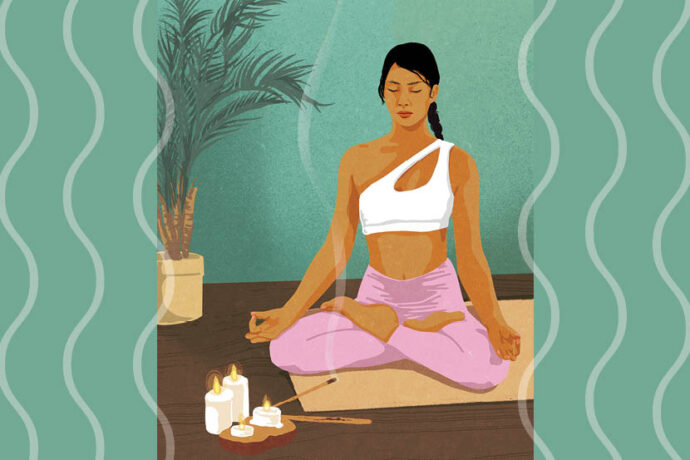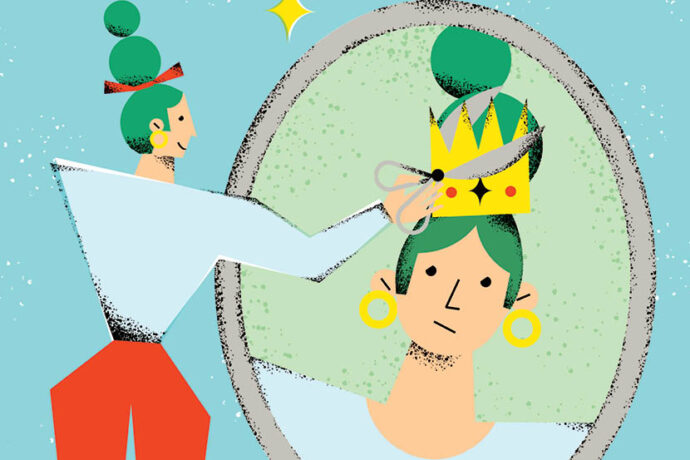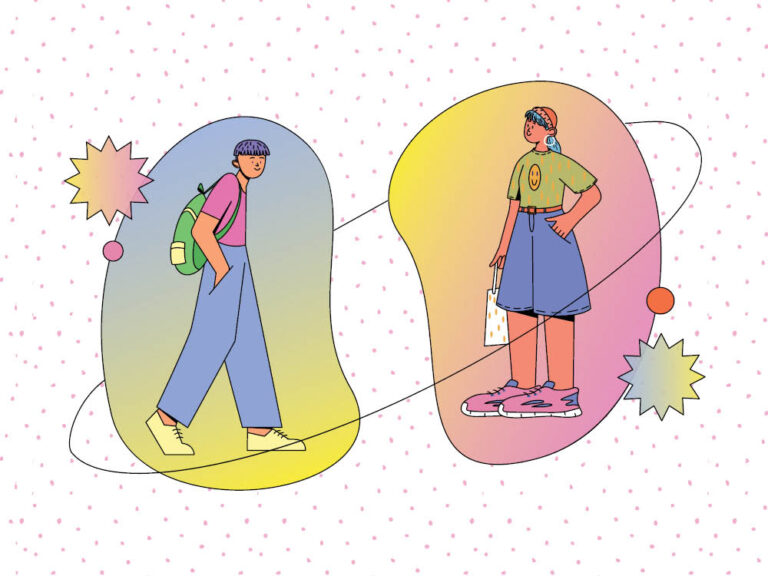
Burnout affects a great number of people the world over, but is this an age where even the slightest pressure points cause some to bend and break?
Burnout is a real issue. According to a survey of 7,500 full-time employees in the US last year, almost a quarter of them felt burnt out at work most of the time, while almost 45 percent reported similar feelings, though less frequently. In Australia, the findings are similar. A large study of the mental health of corporate Australia found that almost one in three workers from a range of industries was suffering from some form of mental illness.
Open the lid of this particular can of worms and the questions spill out. First, though, is the most obvious: what exactly is burnout and is it just a work-related phenomenon?
Ask 38-year-old Millennial and father of two Jack, and he’ll tell you exactly what he thinks it is. Jack lived for two years in Singapore, working for a large financial firm. From day one the pressure was on and, in the end, it became unbearable. Jack explains: ‘What surprised me the most was how accepting this culture was of working people to the point of exhaustion. I still don’t really understand if this was because of the working culture of the country or company-specific, but I wasn’t alone.
‘The pressure to meet targets was enormous and we were expected to reach them at any cost. My physical and mental health was affected and, yes, you could say by the time we left, I was completely burnt out.’
While in Jack’s case this feeling was almost exclusively connected to his work pressures, some psychologists have also related burnout to specific personality types. Sherrie Bourg Carter, a psychologist and author who wrote a book aimed at women in danger of burnout, believes high-achievers are particularly at risk. Writing for Psychology Today, she says: ‘Burnout is one of those road hazards in life that high-achievers really should keep a close eye out for, but sadly – often because of their “I can do everything” personalities – they rarely see it coming.’
Sherrie goes on to describe burnout as a state of chronic stress, with symptoms that include physical signs such as complete exhaustion, feeling ill and an inability to sleep. She also lists emotional and mental symptoms, including feelings of extreme anger, anxiety and depression. There are more, and they may present themselves slightly differently from person to person, but in the end they all lead to the same thing: burnout.
What happens at that point? For Jack it meant a trip to the doctor’s and a prescription for medication to ease the worst symptoms, but ultimately it meant leaving his job and leaving the country. For others, it often leads to complete exhaustion, a sense of failure and being unable to find the strength to do anything about it. Is this a problem facing Millennials in particular, or an epidemic facing the working population across the globe?
First of all, to be considered a Millennial, you need to be born between approximately 1981 and 1996 (the guidelines vary slightly). This means that even the youngest Millennial is now approaching their mid-20s. Does this generation really have it tougher or are they less well-equipped to deal with the stresses and strains of life?
For Jack, born on the cusp of the Millennial epoch, he would argue that the specific pressure of his job caused his burnout. In other jobs, before or since, he hasn’t had a repeat experience. But according to experts, including Dr Michael Leiter, professor of industrial and organisational psychology at Deakin University, Millennial burnout is far more than just job related. ‘Burnout has more to do with values, and what’s important to you, and prime, core motivations,’ he says.
REDUCE THE PRESSURE
High expectations and a desire for perfectionism are elements that cause this specific issue among the Millennial age group. But some responsibility for this may lie with the generation before. Author Malcolm Harris in his book, Kids These Days: Human Capital and the Making of Millennials, refers to parents who engaged in so-called intensive parenting. What was once a run around the park after school becomes a structured play date, or a game of ball with friends that turns into a three-month after-school series of training sessions.
This parenting style, Malcolm argues, prepared this generation straight for the workplace, ready-made to achieve and to take life seriously – perhaps too seriously.
If this phenomenon is real and does exist both inside and outside the world of work, then what are some ways in which to deal with the symptoms as they present themselves?
Mental health advocates push for simpler, less confrontational workplaces, less comparing of self with others, especially online, and of re-engaging with people. Talking to loved ones, talking to a colleague, talking to a doctor. Just talking and of course recognising that your struggle is real.
Can burnout – Millennial or otherwise – be cured? And will that generation be able to disentangle themselves from their sometimes deeply entrenched online lives and distance themselves from making constant comparisons to others? There’s no easy answer.
As long as there are high achievers, and those who put themselves under the weighty burden of perfectionism, the likelihood is that there’ll be burnt out and stressed people.
Although every generation will have its own particular stresses, in some respects it doesn’t make a difference if you’re a Baby Boomer, Generation X, Millennial or Gen Z. The stresses and pressures of life can creep up on you in the most unexpected ways and how someone reacts to them is not nearly as important as how you face and deal with them. It’s time to show compassion towards a generation which, after all, is beginning to make global decisions and raise the next generation.
SIGNS OF BURNOUT
PHYSICAL:
• Chest pain
• Shortness of breath
• Dizziness and fainting
• Exhaustion
• Loss of appetite
MENTAL:
• Forgetfulness
• Anger
• Anxiety
• Depression
• Isolation
EIGHT WAYS TO BEAT BURNOUT:
• Control access to your social media
• Say no to taking on any more responsibility and set boundaries
• Write down what’s causing you stress
• Spend more time with friends
• Take a break
• Talk to someone
• Nourish your creative side
• Make exercise a priority, but don’t obsess about it



















